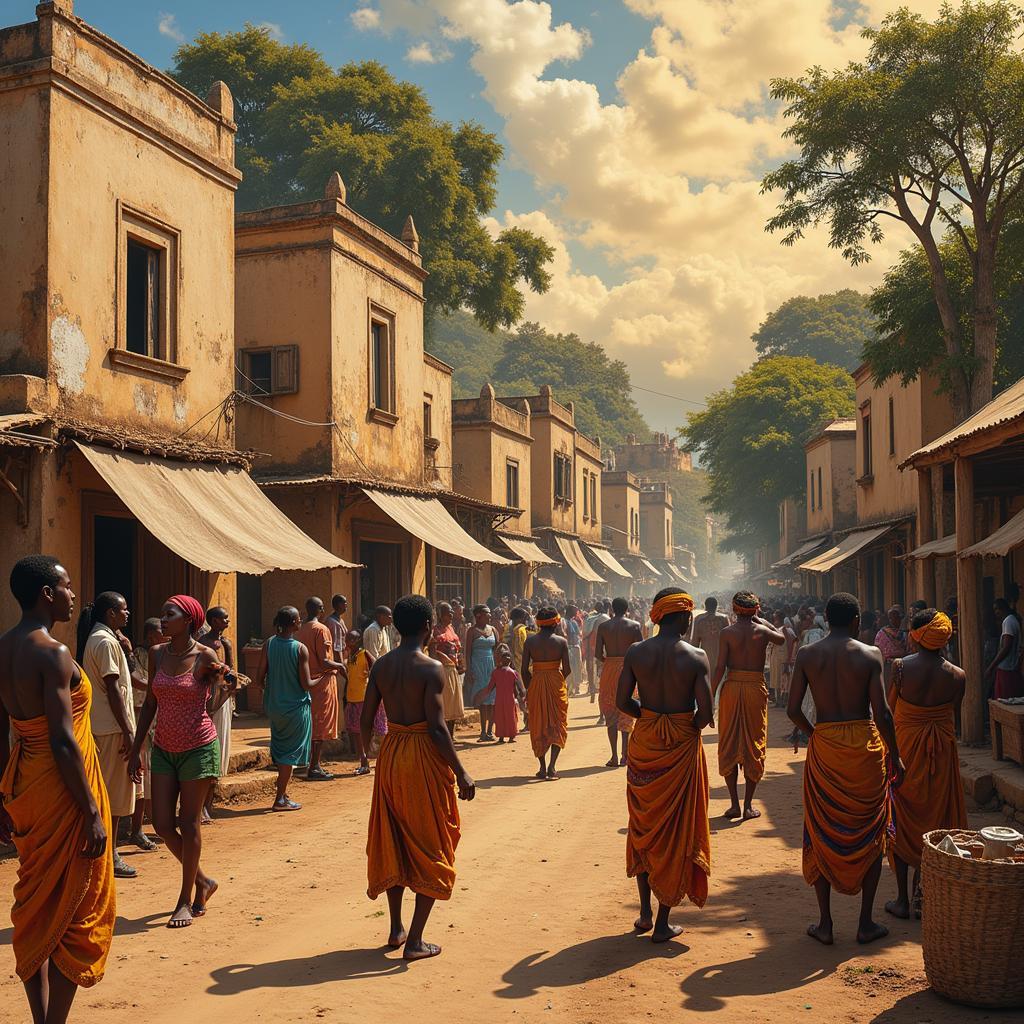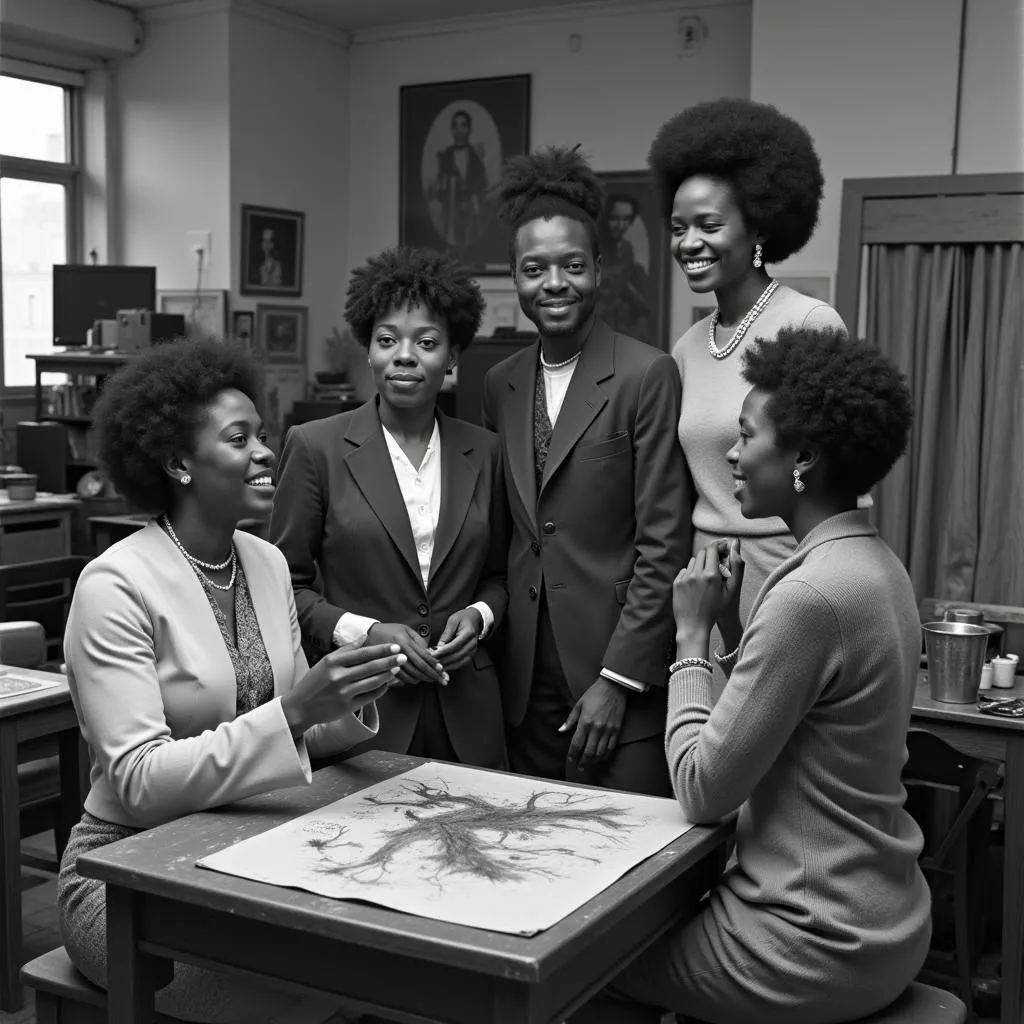African Drugs: Exploring Traditional Medicine and Modern Challenges
African Drugs have gained global attention in recent years, with researchers and pharmaceutical companies increasingly interested in the continent’s vast biodiversity and traditional knowledge. For centuries, African communities have relied on plant-based remedies to treat a wide range of ailments, passing down their knowledge through generations.
The Power of Plants: Traditional African Medicine
Traditional African medicine encompasses a holistic approach to health, considering not just physical symptoms but also spiritual and social well-being. Healers, often highly respected members of their communities, use a combination of plant-based remedies, spiritual practices, and dietary advice to address various ailments. These remedies, often derived from locally sourced plants, flowers, and roots, have been used for generations to treat everything from malaria to digestive issues.
From Forest to Pharmacy: Modern Applications of African Drugs
The potential of African drugs extends beyond traditional practices. Scientists are now investigating the efficacy of these traditional remedies, leading to the development of modern pharmaceuticals. For example, the Madagascar periwinkle, a plant native to Madagascar, provided the basis for two crucial anti-cancer drugs: vincristine and vinblastine.
Challenges and Opportunities: Ensuring Sustainable Development
Despite the potential benefits, several challenges surround the development and distribution of African drugs. Biopiracy, the unethical appropriation of biological resources, poses a significant threat. Ensuring fair compensation and collaboration with local communities is crucial to prevent exploitation and promote sustainable development.
Preserving Knowledge, Embracing the Future
As the world recognizes the value of African drugs, protecting traditional knowledge and ensuring its ethical application is paramount. Collaborative efforts between researchers, pharmaceutical companies, and local communities are essential to unlock the full potential of African medicine while respecting cultural heritage and fostering sustainable development.
Conclusion
African drugs offer a unique blend of traditional knowledge and scientific potential, holding promise for the development of new and effective treatments. By addressing challenges such as biopiracy and promoting ethical collaboration, we can harness the power of African drugs to improve global health while respecting the continent’s rich cultural heritage.


